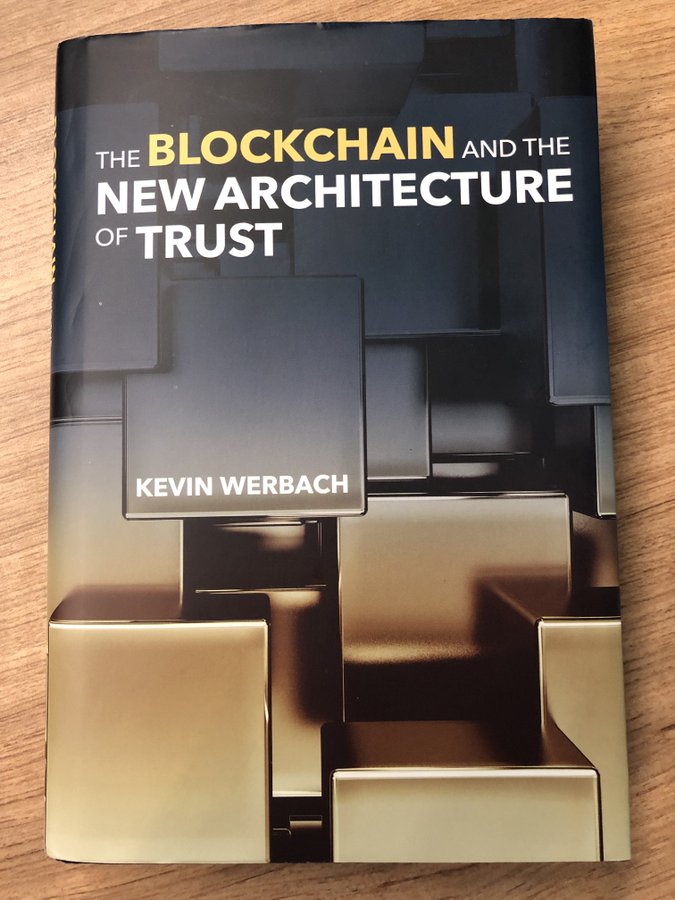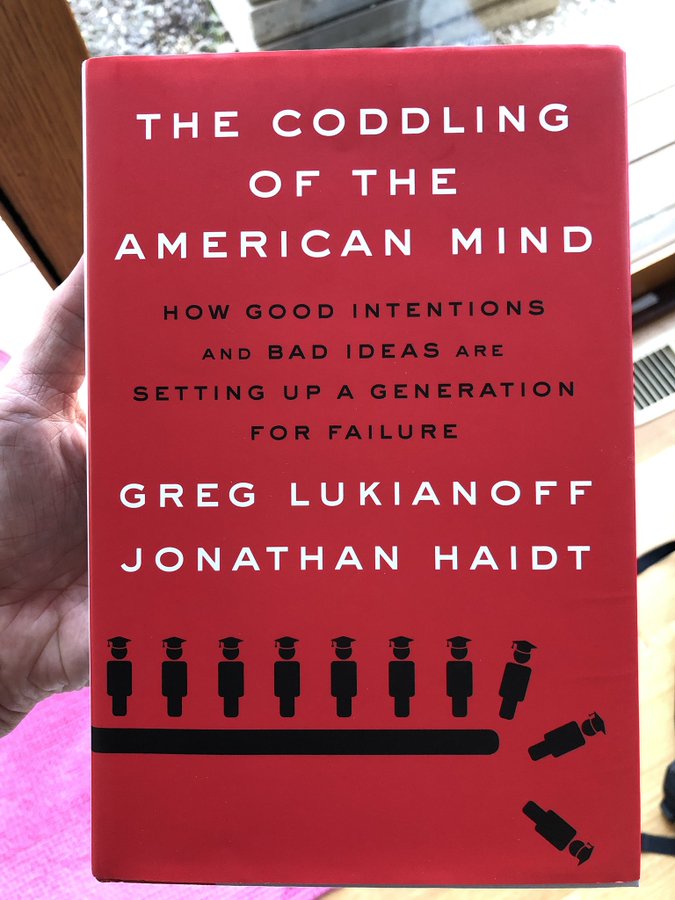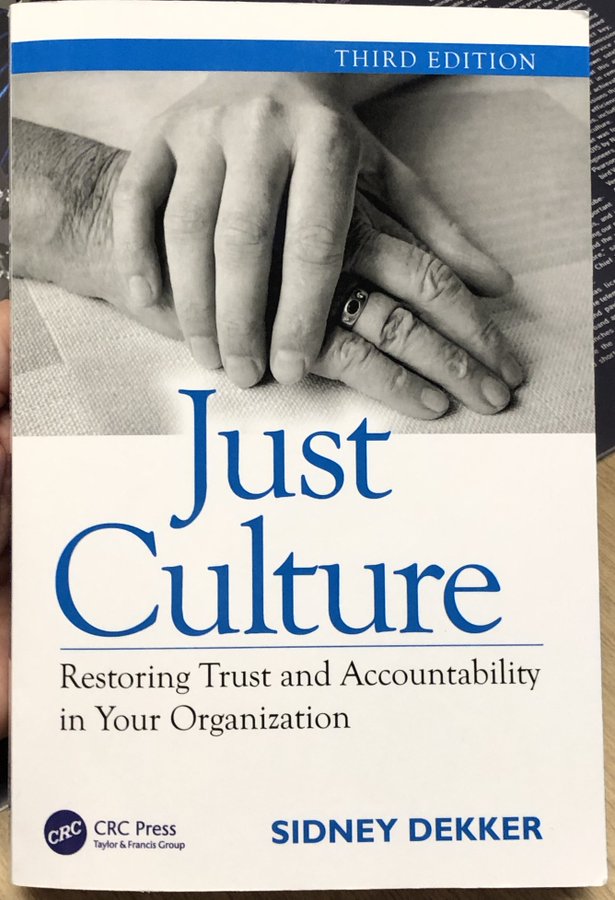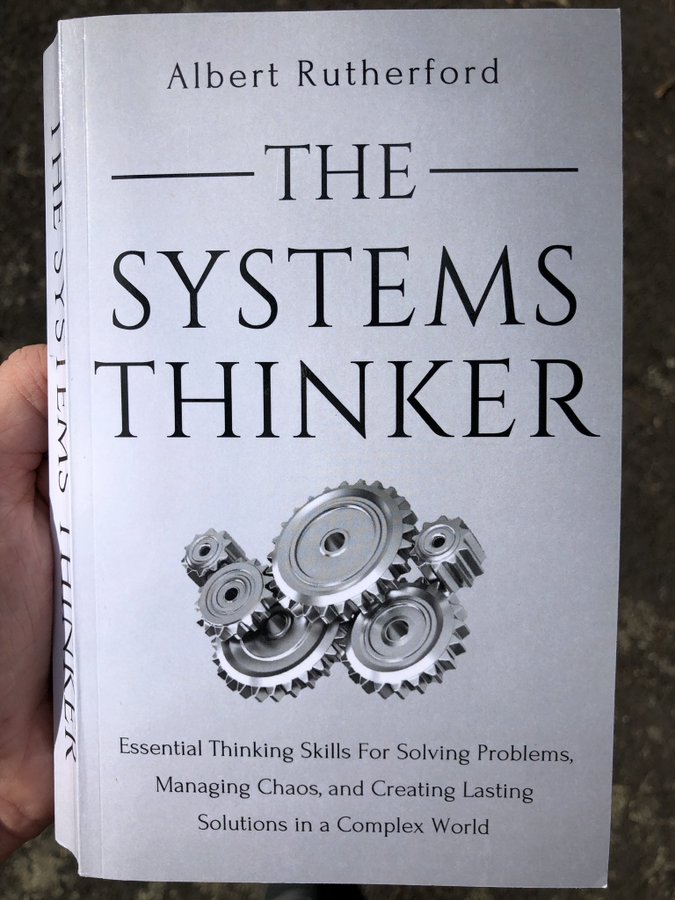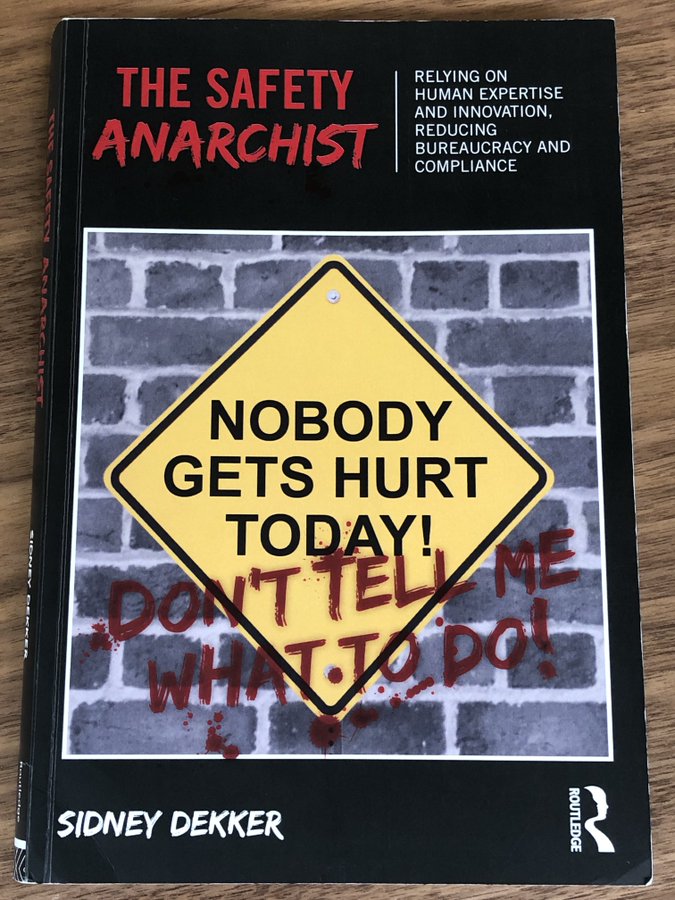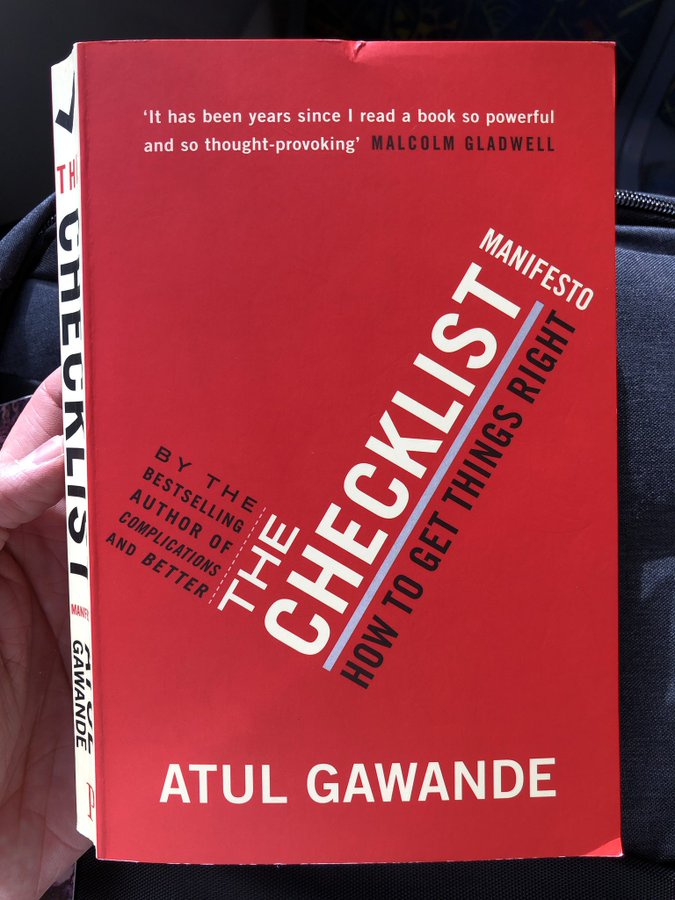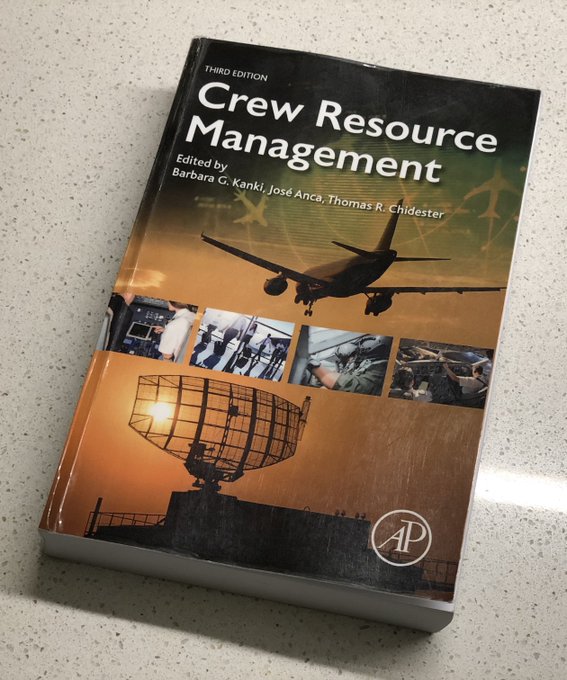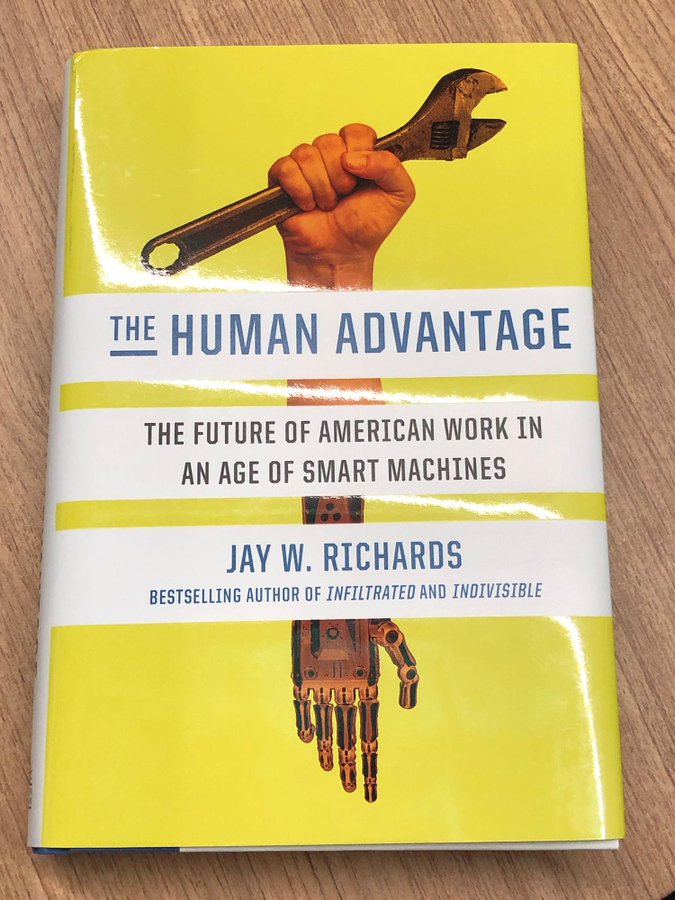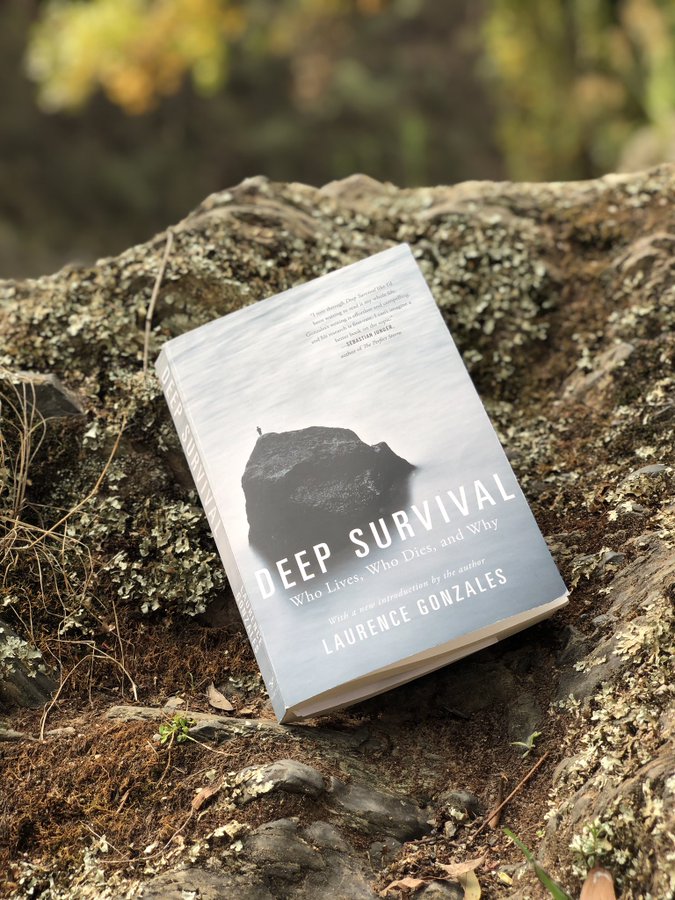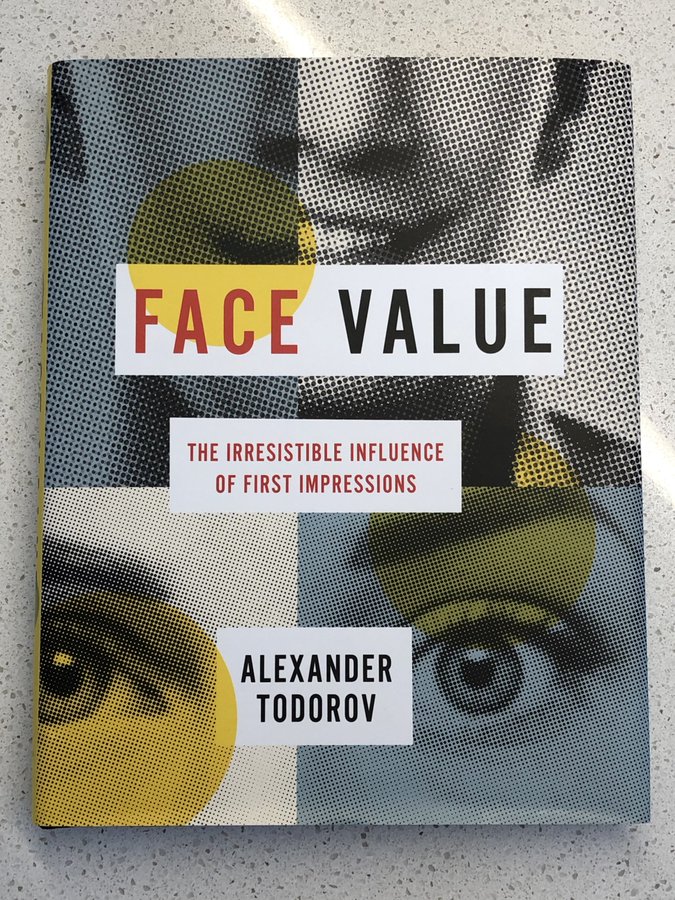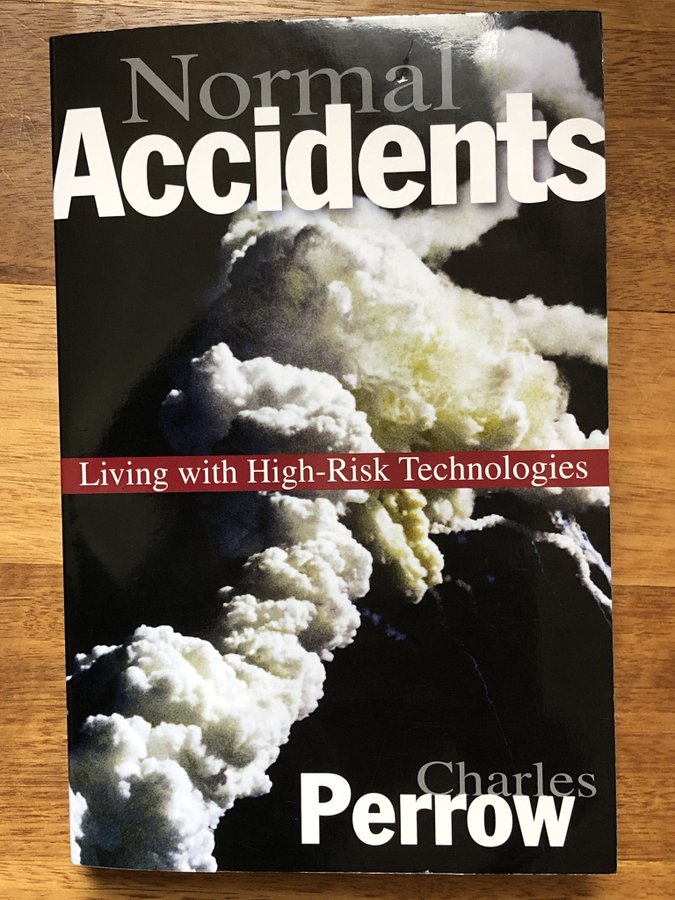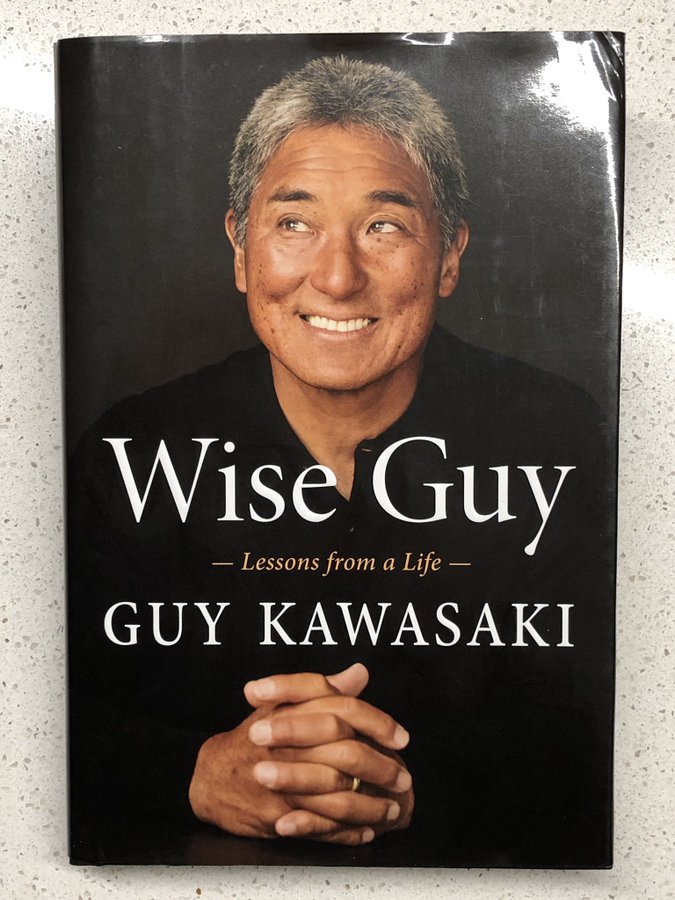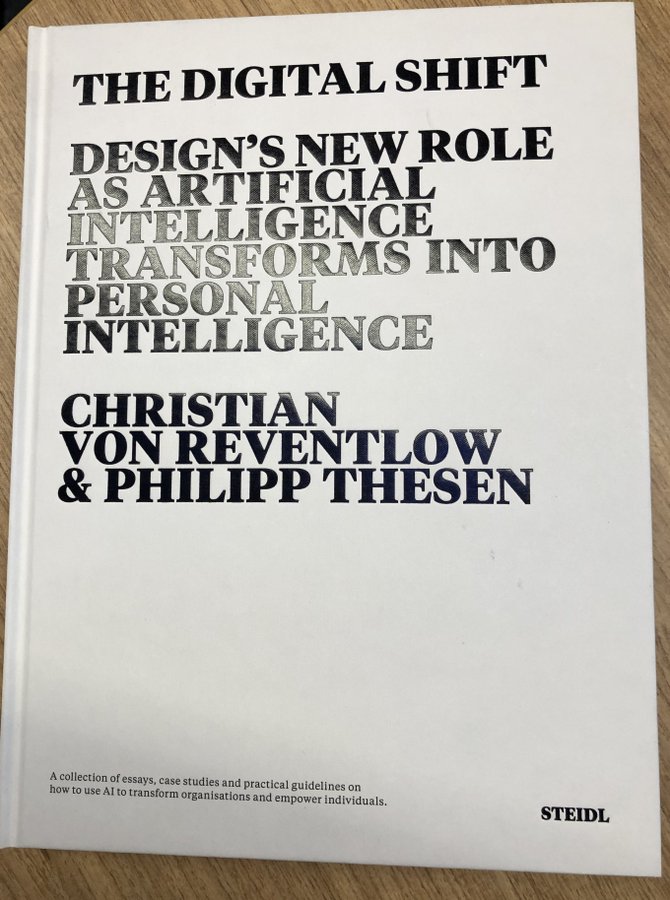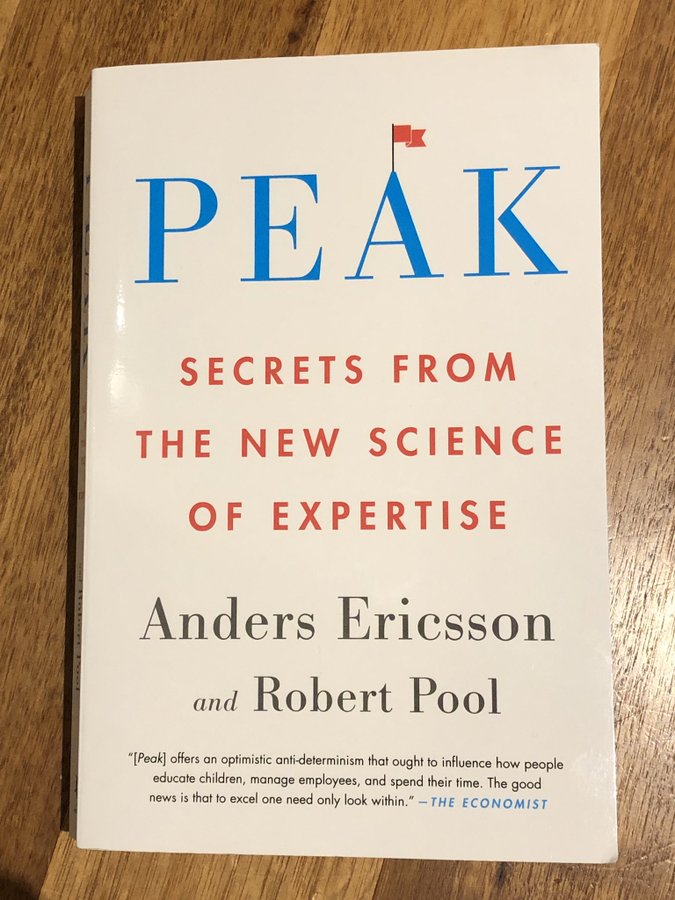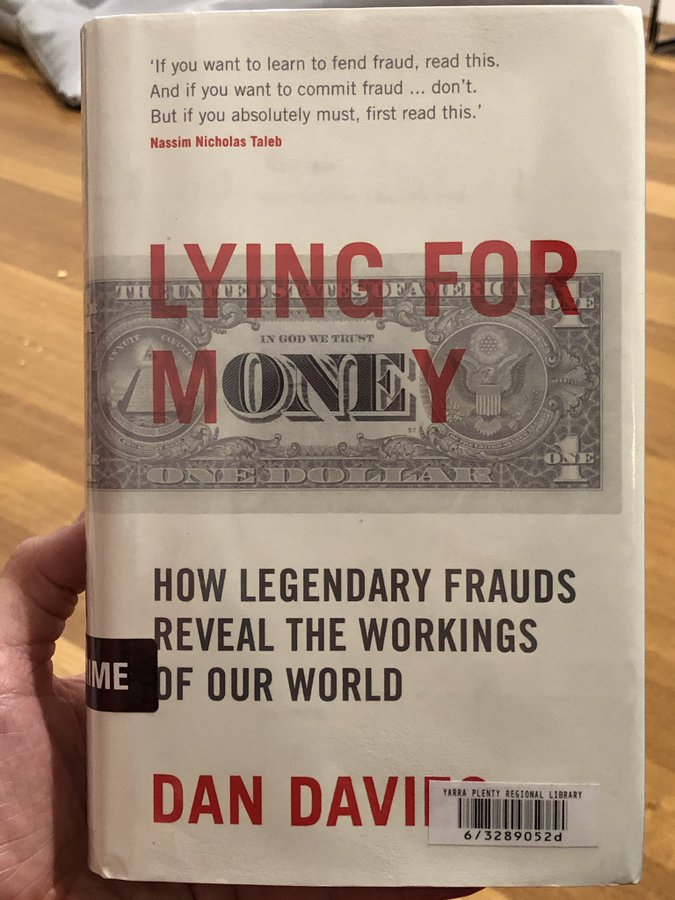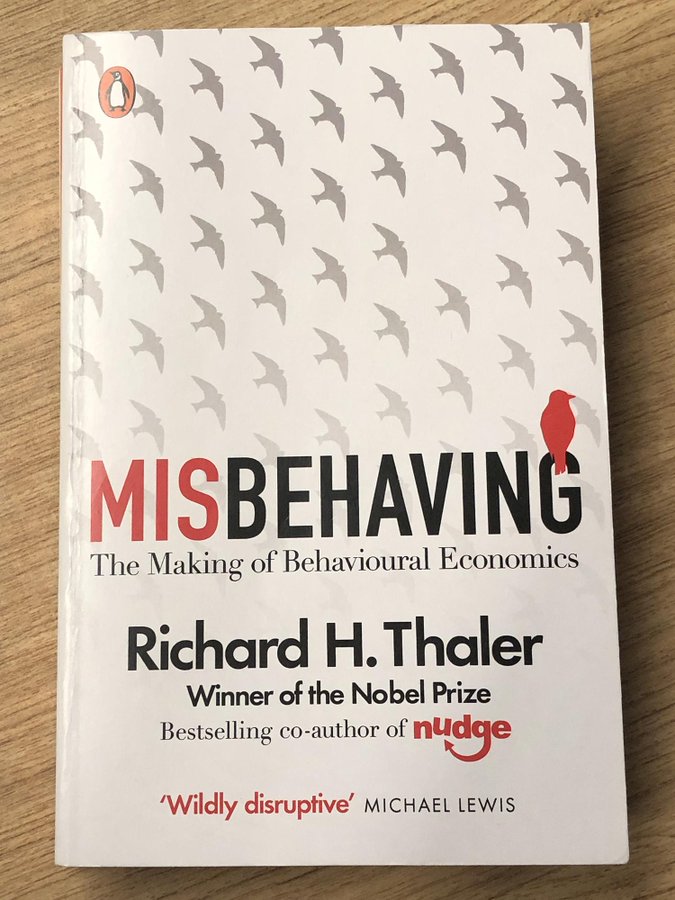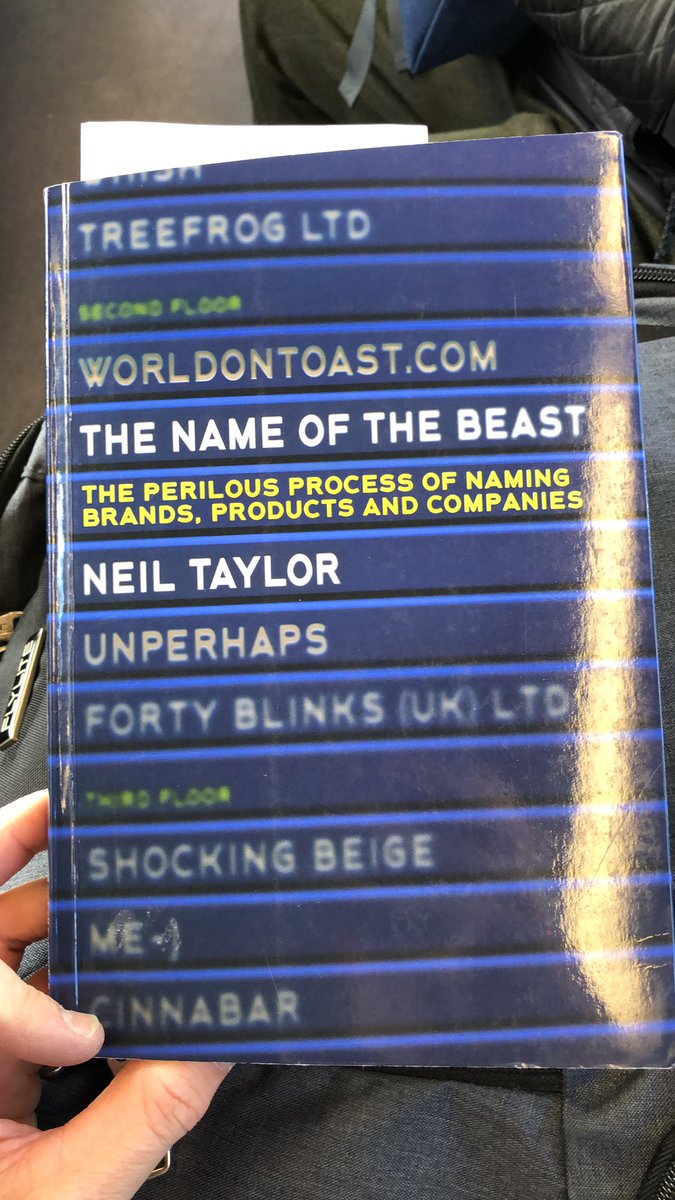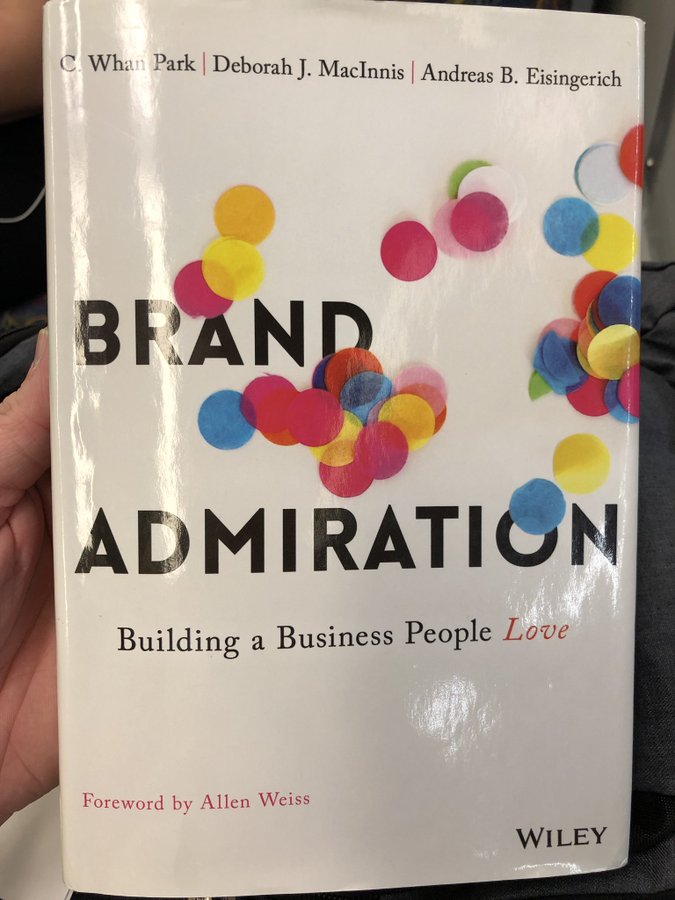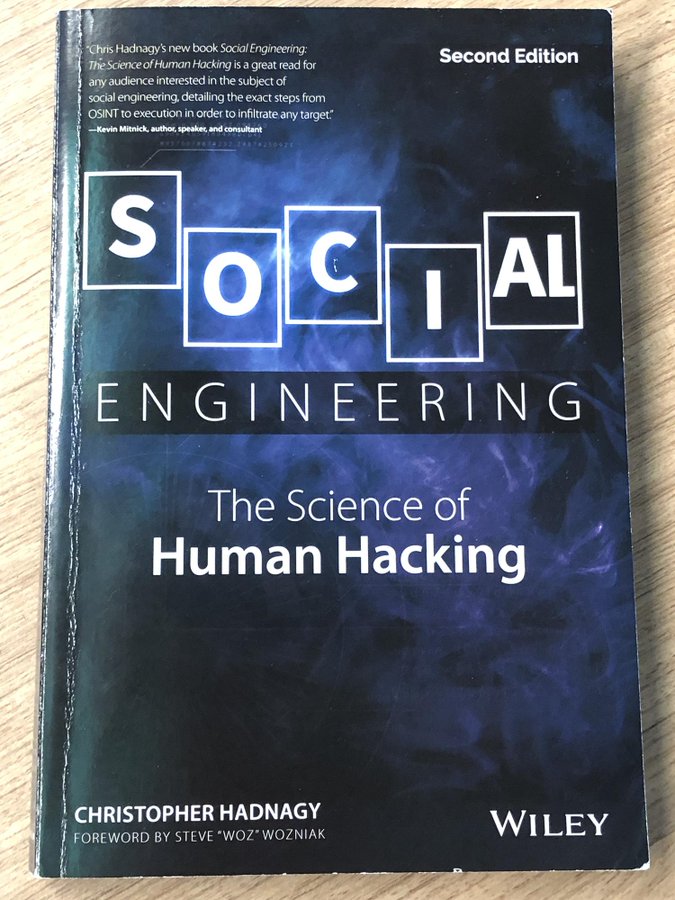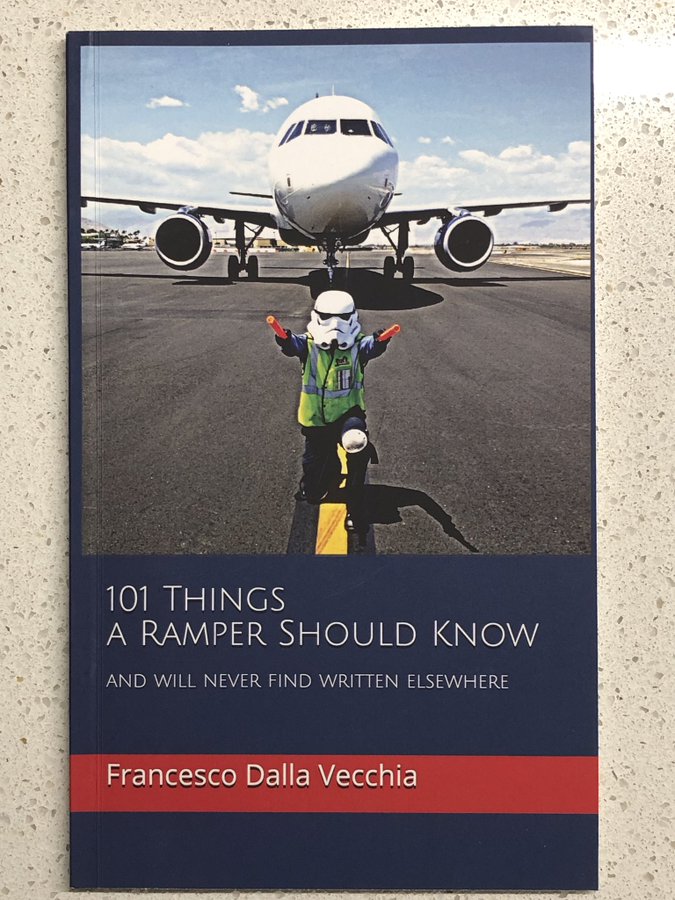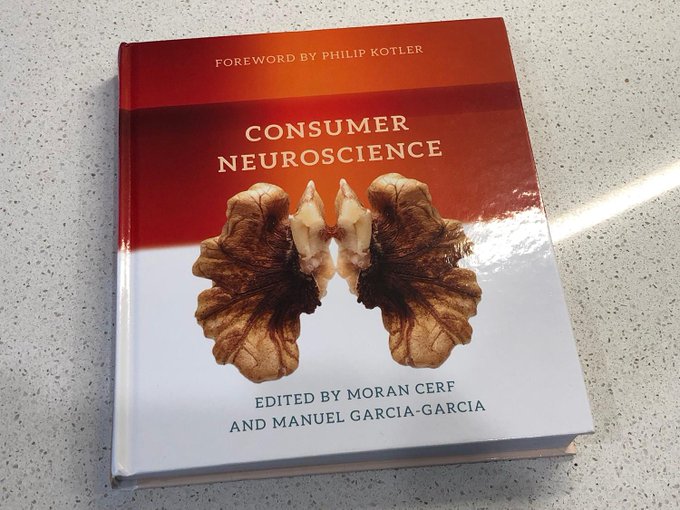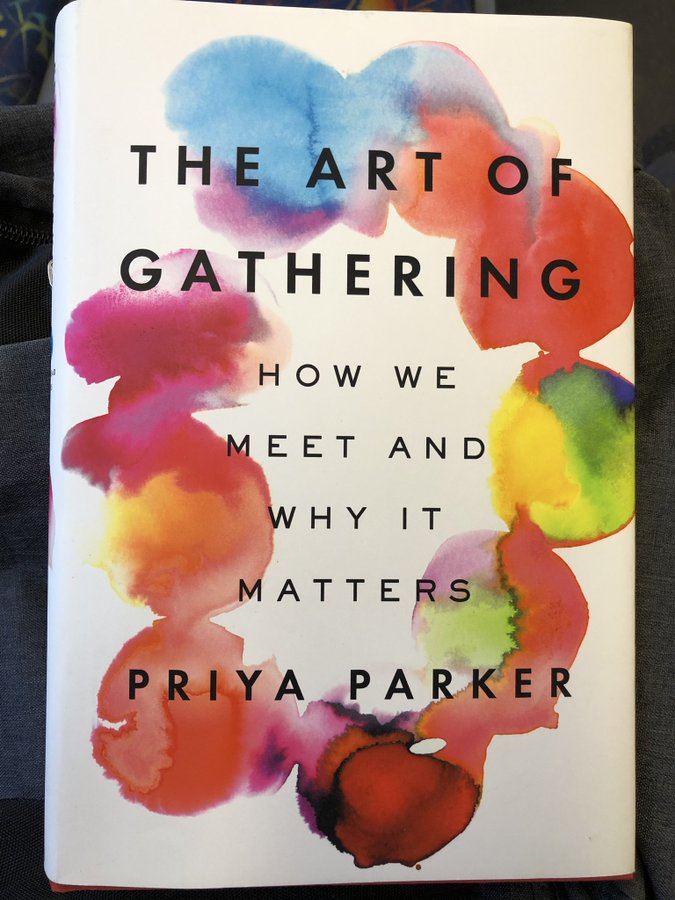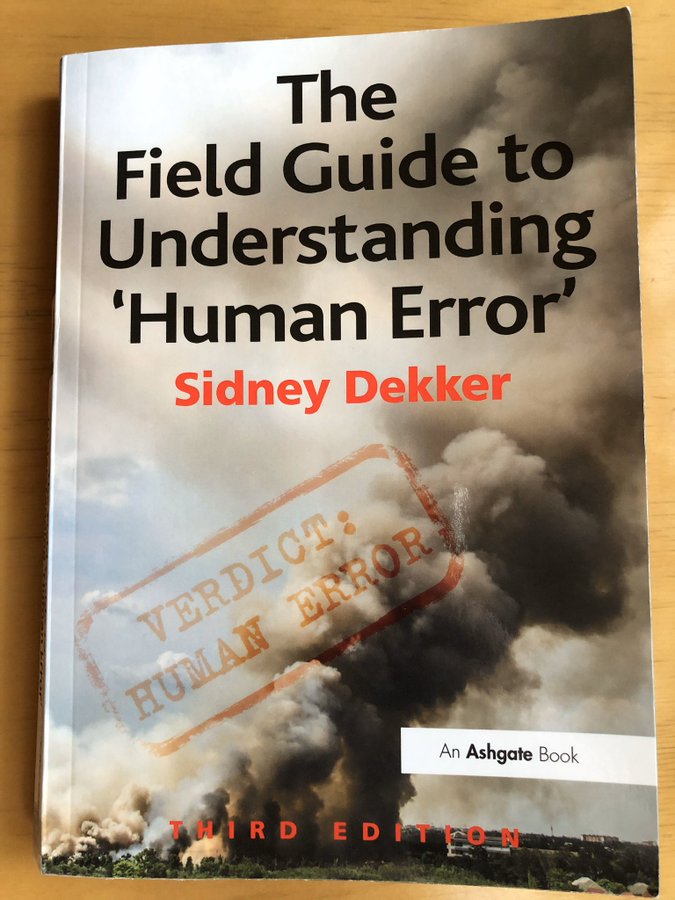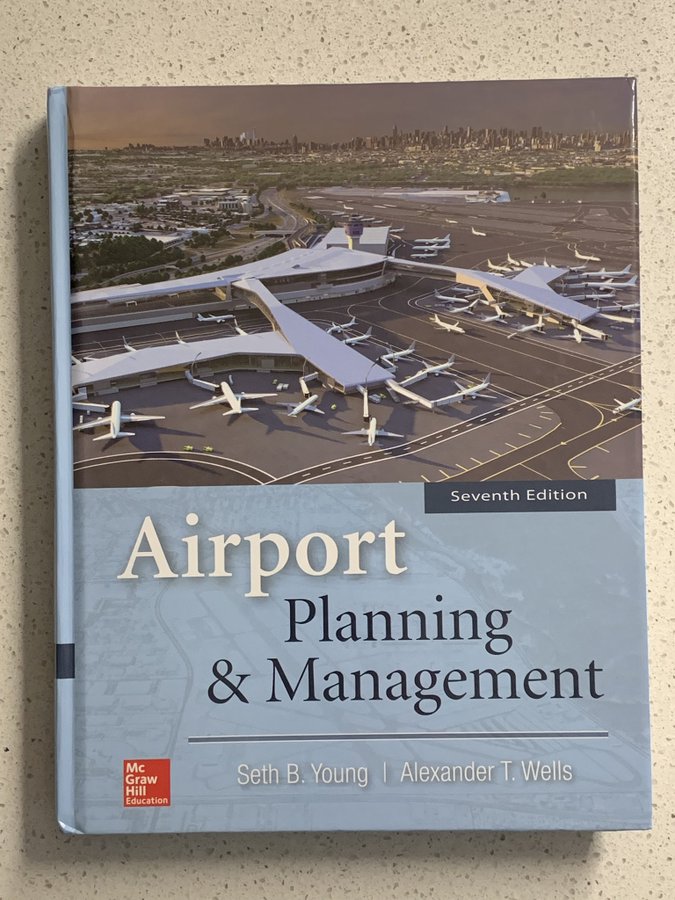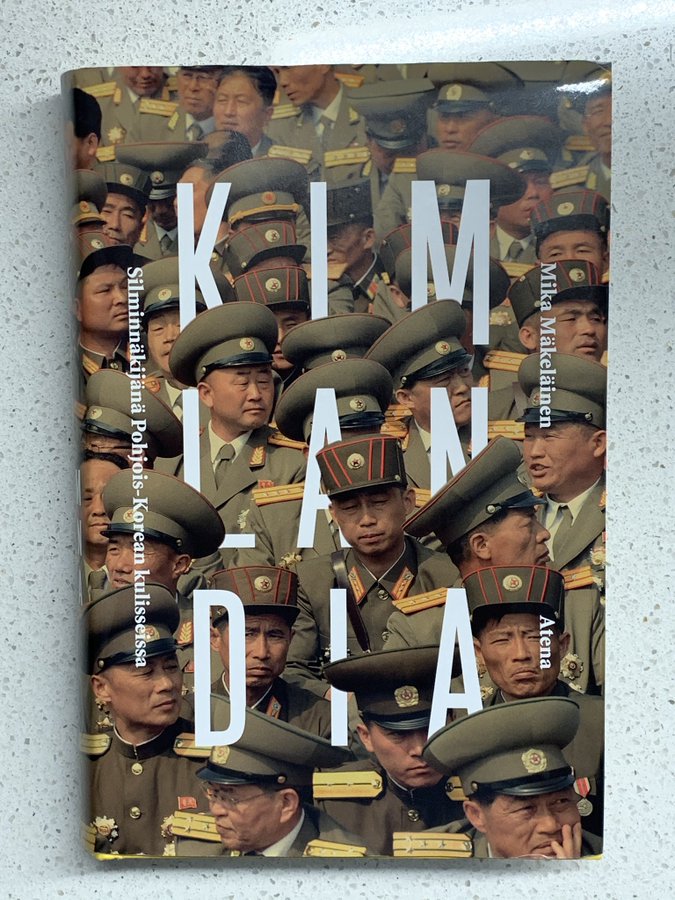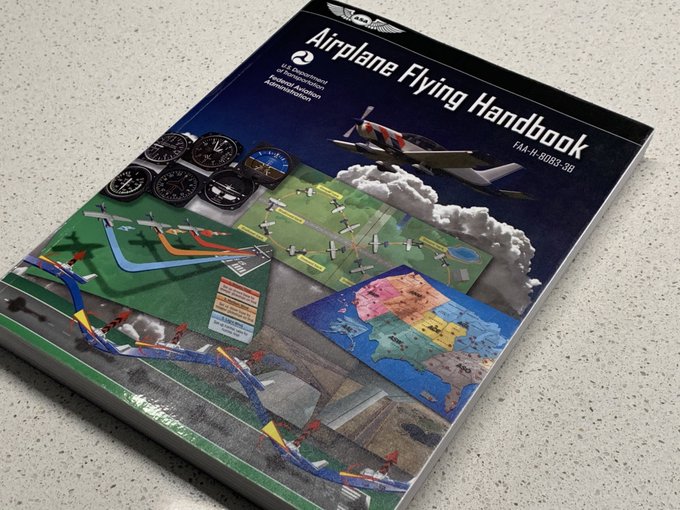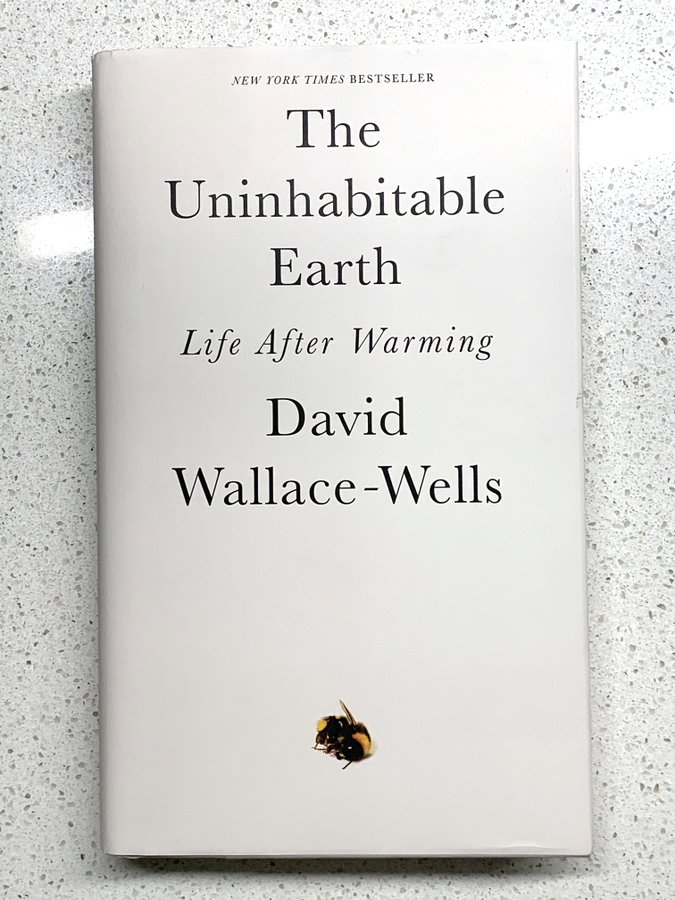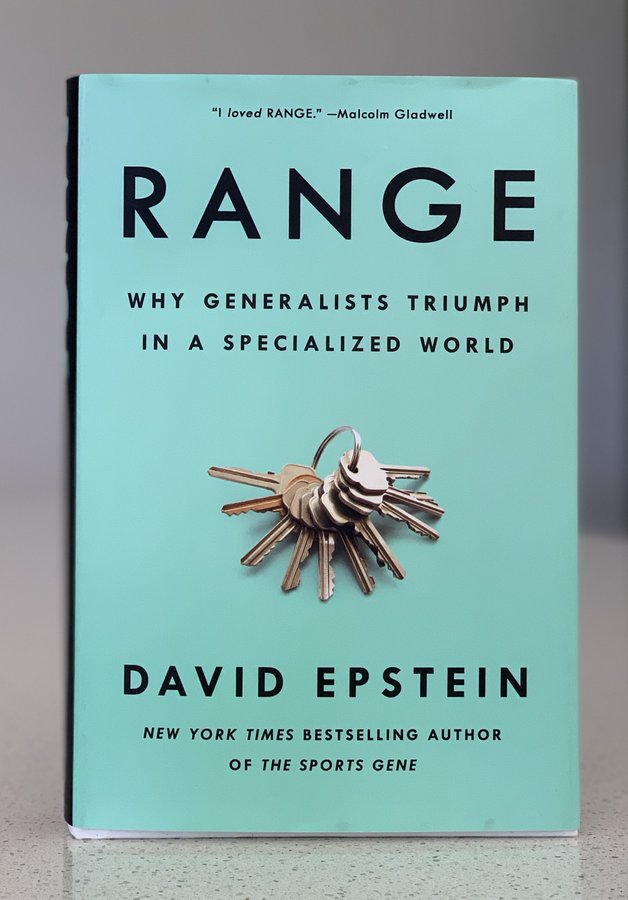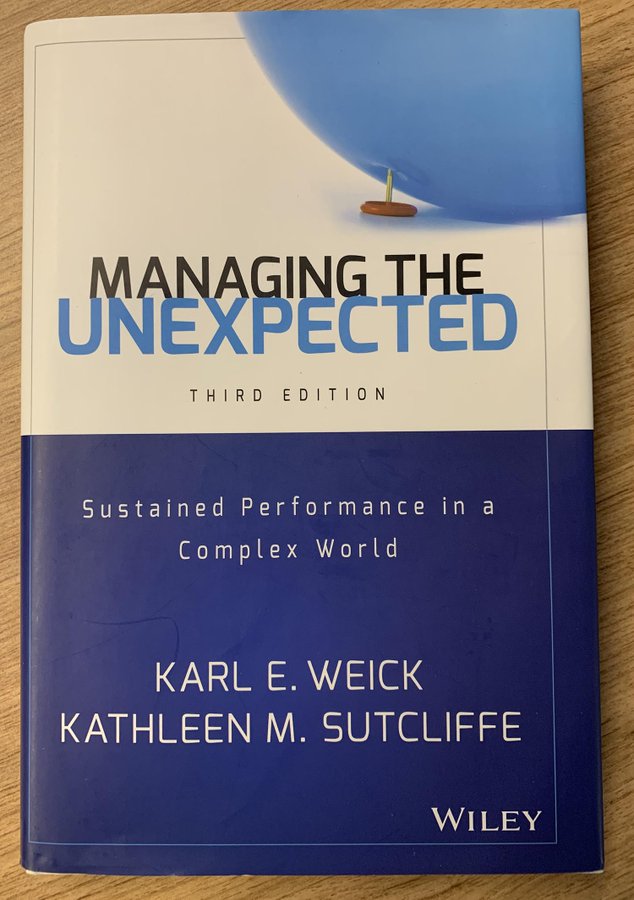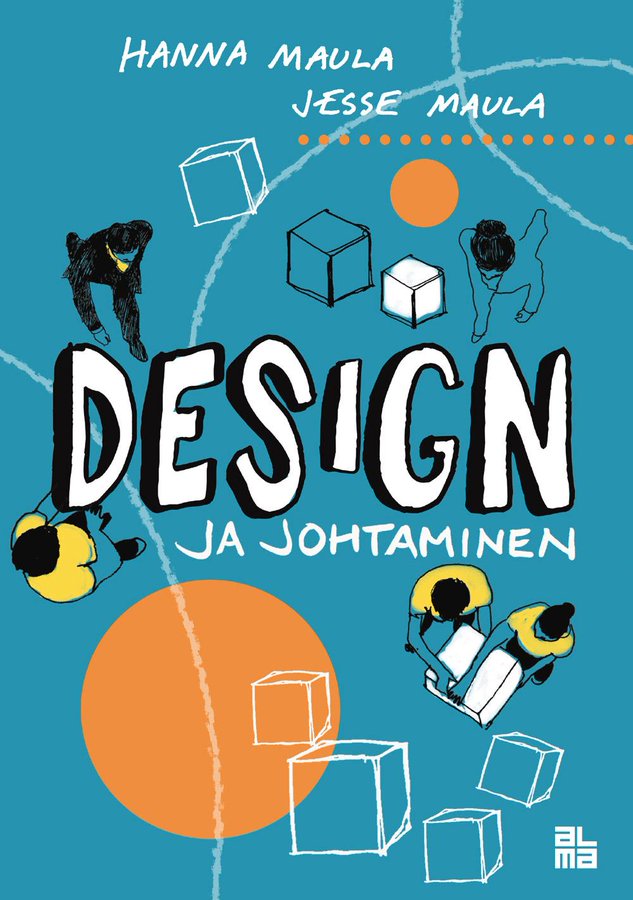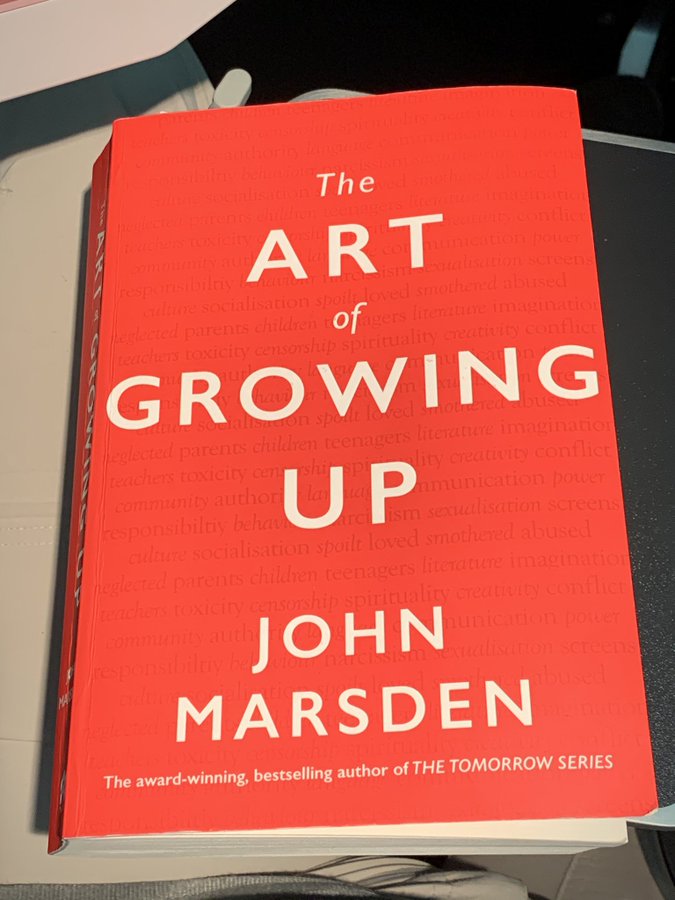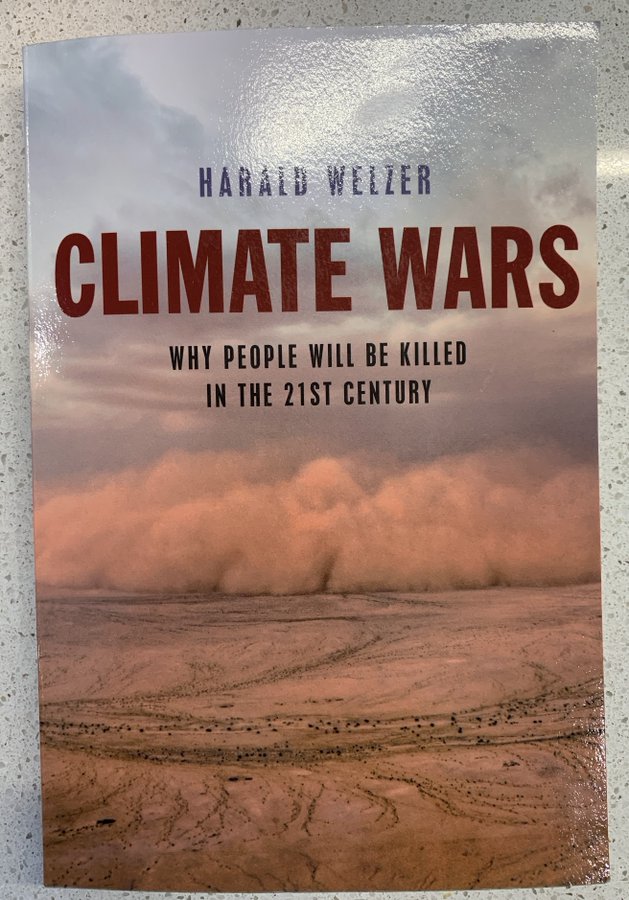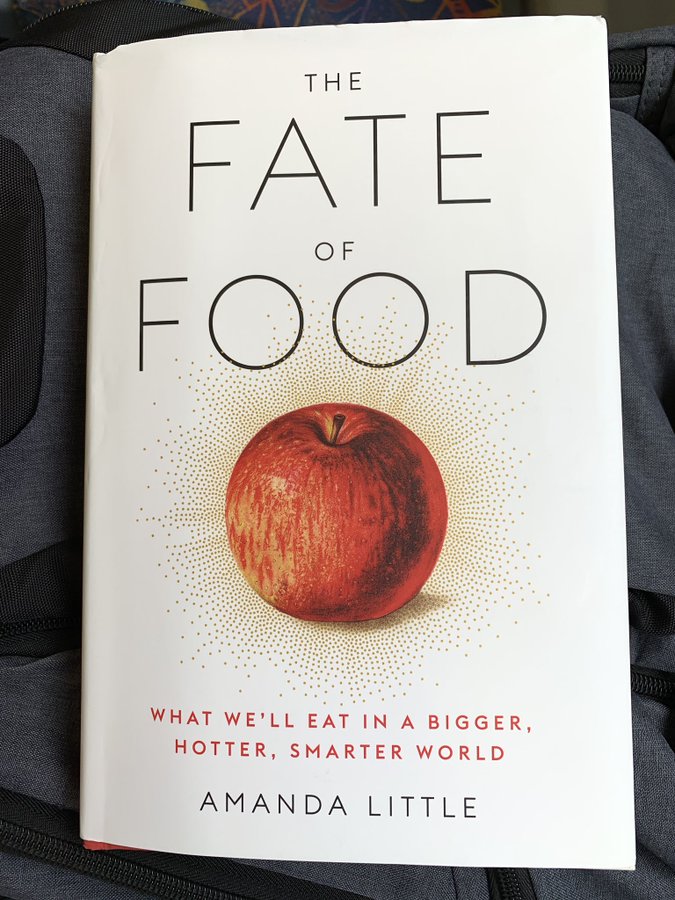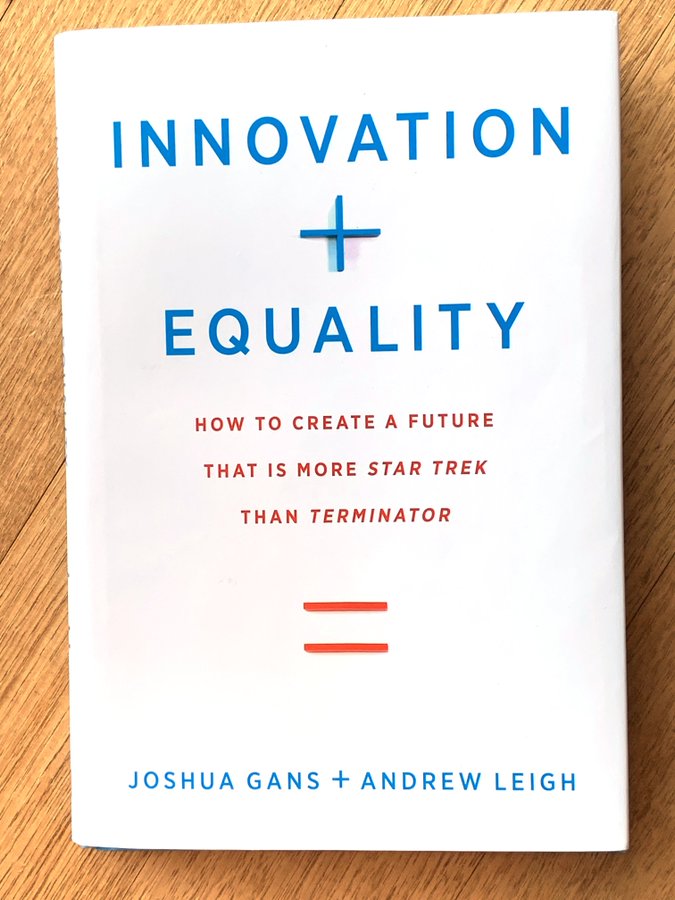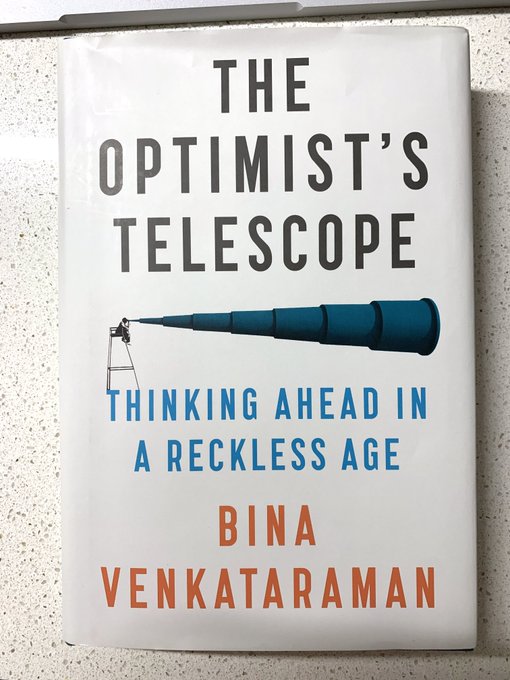The first book of the year is “The Blockchain and the New Architecture of Trust” by Kevin Werbach
A brilliant, balanced, level-headed, and insightful overview of the potential of Blockchain. Relatively non-technical, so easy to understand for broader audience. https://amazon.com/Blockchain-Architecture-Trust-Information-Policy-ebook/dp/B07KYD7X71/
The Coddling of the American Mind by Greg Lukianoff and Jonathan Haidt
An excellent, albeit depressing, state of affairs from the US w/ an education focus. We can see the shoots of similar misguided beliefs taking root elsewhere. Find practical antidotes here! https://amazon.com/Coddling-American-Mind-Intentions-Generation/dp/0735224897
The Future of Humanity by Michio Kaku
Admirable in its breadth. Covers an overview of the future with a space-focus; from space flight ‘basics’ to trans- & post-humanism, string theory etc. Due to its broad nature, inevitably suffers from a lack of depth. https://amazon.com/Future-Humanity-Terraforming-Interstellar-Immortality/dp/0385542763/
Surveillance Valley by Yasha Levine
Just in case you didn’t feel uncomfortable enough about the Silicon Valley giants running the world today, this covers the fascinating history of them & the Internet; there are some serious skeletons in the closets. https://amazon.com/Surveillance-Valley-Military-History-Internet/dp/1610398025/
Just Culture by Sidney Dekker
I don’t think I’ve ever learned as much from 150pgs. A brilliant coverage of just culture (nb. not “just” in the “only” sense), one that is guaranteed to make you think – and hopefully improve your org’s culture. https://amazon.com/Just-Culture-Sidney-Dekker/dp/147247578X/
The Systems Thinker by Albert Rutherford
The small pages, large font & margins, and double line spacing all makes this feel like an article that struggled to become a book. Disappointing and rather simplistic, unconvincingly covering only some basics. https://amazon.com/gp/aw/d/172395814X/ref=tmm_pap_title_0?ie=UTF8&qid=1549863550&sr=8-1
Safety Anarchist by Sidney Dekker
Insightful book on how authoritarian high modernism does safety a disservice in many a way. Will provoke & potentially trigger most safety professionals; for the rest of us the better path charted here is more visible. https://amazon.com/Safety-Anarchist-innovation-bureaucracy-compliance/dp/1138300462/
The Checklist Manifesto by Atul Gawande
Spans a few industries, but really this is a fascinating story of implementing checklists in surgery. Checklists are great; the book above in this thread will keep you from over-applying them, making a good pair. https://amazon.com/Checklist-Manifesto-How-Things-Right/dp/0805091742/
Team Human by Douglas Rushkoff
I wholeheartedly agree with the message of the book (see cover). The delivery in the form 100 short points I’m not so sure about; it’s too long for a manifesto, but too short for proper treatise of the many valid issues presented. https://amazon.com/Team-Human-Douglas-Rushkoff/dp/039365169X/
Living with Complexity by Donald A. Norman
At least as much about complicated systems than complex systems. At times a bit over-simplifying, it has great everyday examples and several what could be called “life hacks” – and (the best part) numerous design lessons. https://amazon.com/Living-Complexity-Press-Donald-Norman/dp/0262528940/
Crew Resource Management by Kanki et al, 3rd ed
Talk about a deep-dive into CRM, this amazing resource took a while to get through (esp. for an aspiring expert like me). So much great insight on a variety of aspects of CRM, including latest research. https://amazon.com/Crew-Resource-Management-Barbara-Kanki/dp/0128129956/
The Human Advantage by Jay W. Richards
I’ve read a lot on this topic, so I may be unfair, but: lots of good + valid points, but at times obnoxiously American in tone that just doesn’t work outside USA. In dispelling myths he also relies on other myths. https://amazon.com/Human-Advantage-Future-American-Machines/dp/0451496167/
The End of Heaven by Sidney Dekker
How often do you come across a book on how the way we deal with suffering has changed (or hasn’t) as the world increasingly abandons religion? Not often I bet. That alone makes this thought-provoking book worth a look https://amazon.com/dp/0415789877/
The Metric Society by Steffen Mau
Concise, insightful, intellectually brutally honest + well-researched look into our increasing desire to measure all things. At a scale from individuals to countries, the trend has a few surprising & scary implications. https://amazon.com/Metric-Society-Quantification-Social/dp/1509530401/
Come of Age by Stephen Jenkinson
This meandering, yet thoughtful and beautifully written book is something I feel could be transformative given a slow, meditative second reading. Yet, for now, it did not transform. Shares a certain ethos with The Dark Mountain Project.
Deep Survival by Laurence Gonzales
Gripping stories of survival and why some die where others don’t. While useful guidelines are presented, this is not a “How not to die”-guide. Consider it an ode to the survival spirit instead. https://amazon.com/dp/0393052761/ref=cm_sw_r_cp_awdb_t1_vacTCbCBXREA5
Small Arcs of Larger Circles by Nora Bateson
This is a tough book to review. The best I can offer is that it’s a poetic exploration of, + sometimes struggling with, ecology & gestalts (w/o using the latter word); text woven by the reader as much as the author. https://amazon.com/dp/1909470961/ref=cm_sw_r_cp_awdb_t1_iyyTCb6CJ1XGW
Face Value by Alexander Todorov.
On one hand, a thorough & one would hope final debunking of physiognomy; OTOH much more about first impressions of faces and how we vehemently agree on the impressions, but still suck at it wrt accuracy. An amazing read. https://amazon.com/Face-Value-Irresistible-Influence-Impressions/dp/0691167494/
Normal Accidents by Charles Perrow
Many a book I’ve read cites this classic, so it was time to read it. While some details are outdated, the framework is indispensable & the core messages are – sadly – at least as relevant today than they were 35yrs ago. https://amazon.com.au/dp/0691004129/
Wise Guy by Guy Kawasaki
A quick, entertaining read of great personal stories & varied bits of wisdom (some trite, some tactical advice, some more dictionary-definition of wisdom). While I’ve never met Guy, he’s one of the relatively few people I respect. https://amazon.com/dp/0525538615/ref=cm_sw_r_cp_awdb_t1_lbeYCbCG24DDH
The Digital Shift by Christian von Reventlow and Philipp Thesen
The former is in my management chain, so I should be careful, but whatever. Look, it was better than I expected (=I agree with a lot of it). Useful guidance for its very high-level (~CEO-level) audience. http://digital-shift.io
Peak by Anders Ericsson & Robert Pool
If you think innate “talent” exists, or think “potential” is somehow limited and you can only strive to fulfil yours, or don’t know what Deliberate Practice is, you owe it to yourself to read this book. https://amazon.com/dp/0544456238/ref=cm_sw_r_cp_awdb_t1_DvyZCbNSSD7XV
The Cambridge Handbook of Expertise and Expert Performance by Ericsson et al
Everything you ever wanted to know about expertise, and probably then some. Heavy reading, but very rewarding and super-educational. I learned a lot. https://amazon.com/Cambridge-Expertise-Performance-Handbooks-Psychology/dp/1316502619/
Can I See Your Hands by Gav Schneider
Covers quite a few valid points on its subject matter. Unfortunately, this short book still manages to be wordy, poorly laid out and has too much metacontent about itself. It’s only “ok”. https://amazon.com/dp/1627341846/ref=cm_sw_r_cp_awdb_t1_D1o5CbD4822BD
Lying For Money by Dan Davies
Something I picked up randomly from the library. A fascinating yet kind of depressing & insightful treatise on fraud; finding and exploiting financial system management & control weaknesses. There are still many. https://amazon.com/dp/1781259658/ref=cm_sw_r_cp_awdb_t1_dvs6CbCKATARE
Upheaval by Jared Diamond
Unfortunately the bad reviews are right. The framework the book rests on is questionable at best, references consist mostly of “friends” and even I could see a number of factual errors. Not recommended. https://amazon.com/dp/0316409138/ref=cm_sw_r_cp_awdb_t1_aw08Cb0EP393K
Misbehaving by Richard H. Thaler
80% a fascinating story of birth of behavioral economics (serves as a great introduction to the topic), 20% an entertaining autobiography. One of the few books where the footnotes are interesting; I like that. https://amazon.com/Misbehaving-Behavioral-Economics-Richard-Thaler/dp/0393080943/
The Name of the Beast by Neil Taylor
A bit of a random read as ancillary material for a work thing. The best I can say is it was a semi-interesting read on a topic that frankly isn’t all that interesting to me. YMMV and all that, so if you’re into naming, go for it.
https://www.amazon.com.au/Name-Beast-Neil-Taylor/dp/1904879705/
Brand Admiration by Park et al
The least fluffy book on brands I could find. Interesting & solidly backed up by research (some of which I’ve read as journal articles), but I still can’t shake the feeling some aspects are bridges too far.. https://amazon.com/dp/1119308062/ref=cm_sw_r_cp_awdb_t1_rBm-Cb9YMK887
Social Engineering by Christopher Hadnagy
A great, concise, insightful, and fun introduction into the topic of social engineering with plenty of hooks to more in-depth resources on any of the numerous covered aspects of SE. https://amazon.com/Social-Engineering-Science-Human-Hacking/dp/111943338X/
Who Can You Trust by Rachel Botsman
An excellent, balanced introduction to the topic of trust in our new, increasingly digital, economy. While making the argument that we’re entering the era of distributed trust, it’s not all about blockchain 🙂 https://amazon.com/Who-Can-You-Trust-Technology/dp/1541773675/
101 Things a Ramper Should Know by Francesco Dalla Vecchia
More of a booklet (a collection of advice) than a book. An interesting little peek into the life of a ramper, an important profession most of us probably haven’t paid too much attention to. https://amazon.com/dp/198049925X/ref=cm_sw_r_cp_awdb_t1_qJncDbWF1H6GV
Consumer Neuroscience by Cerf et al
A great deep intro into a field that, to someone outside the field, occasionally feels slightly creepy. At least you can use it to know your enemies and the limitations in their methods. Very interesting though. https://amazon.com/Consumer-Neuroscience-Press-Moran-Cerf/dp/0262036592/
The Art of Gathering by Priya Parker
We’ve all been to bad gatherings more times we care to think (just think of a work meeting). This is the thoughtful, practical antidote – how to gather well, with purpose & make it all worth it for the participants. https://amazon.com/dp/1594634920/ref=cm_sw_r_cp_awdb_t1_guYcDbG9FWTA7
The Field Guide to Understanding ‘Human Error’ by Sidney Dekker
All too often, the cause of an accident determined to be simply a “human error”. This work gives great insight why that is detrimental and simply wrong & how to investigate things better. https://amazon.com/dp/1472439058/ref=cm_sw_r_cp_awdb_t1_zxjlDbFN32KNH
Children of Time by Adrian Tchaikovsky
Was so great it deserves to be an exception in this otherwise non-fiction thread. This is world-building par excellence and a terrific, gripping, amazing read. https://amazon.com/Children-Time-Adrian-Tchaikovsky/dp/0316452505/
Airport Planning & Management by Seth Young & Alexander Wells
Do I need to run an airport anytime soon? Probably not. But this book is a fascinating, comprehensive resource into what it takes to do just that. Super-interesting. (US-heavy on the regulations part) https://amazon.com/dp/1260143325/ref=cm_sw_r_cp_awdb_t1_6rRuDb5NFT7K3
Kimlandia by Mika Mäkeläinen (incidentally my brother)
A fascinating, gripping & at times funny state-of-affairs description of what’s going on with North Korea and how trends like market economy have crept in and are slowly eating the system from the inside. https://atena.fi/kimlandia
Exactly (aka “The Perfectionists” in the US) by Simon Winchester
A wonderful, awe-inspiring journey into precision – its history, how it permeates the modern world, and our greatest achievements in exactitude. Gives newfound respect for all things precise. https://amazon.com/Perfectionists-Precision-Engineers-Created-Modern/dp/0062652559/
Airplane Flying Handbook by the FAA
Unsure how to review this one. The title says it all, and it provides a great theoretical basics training of flying. Had lots of fascinating little and sometimes bigger things I didn’t know / hadn’t thought about. https://amazon.com/Airplane-Flying-Handbook-ASA-FAA-H-8083-3B/dp/1619545128/
The Uninhabitable Earth by David Wallace-Wells
Here’s your guide to the future Earth; how we are traveling to it and the truly scary places where current trajectories are taking us; it’s also an overview of what we can manage – and what we can’t. https://amazon.com/Uninhabitable-Earth-Life-After-Warming/dp/0525576703/
Range by David Epstein
Great fodder for my confirmation bias. Seriously though, Range is a wake-up call to ditch some of the efficiency-driven hyperspecialization that’s rife pretty much everywhere. The reward? Better and more breakthrough ideas. https://amazon.com/Range-Generalists-Triumph-Specialized-World/dp/0735214484/
Managing the Unexpected by Karl E Weick & Kathleen M. Sutcliffe
Far from the BS business book the title & cover might suggest, this is actually a wonderful, concise (+dense; thinking required) & thoughtful framework about HROs (High-Reliability Organizations). https://amazon.com/Managing-Unexpected-Sustained-Performance-Complex/dp/1118862414/
The Third Space by Adam Fraser
Not the kind of book I’d usually read, but glad I found it. It’s about all the micro-transitions in our lives and how we ‘show up’ in different contexts. Practical advise that can save your day & more if you find you carry over negative emotions.
Design ja Johtaminen by friends of mine, Hanna and Jesse Maula
A tight package and a broad treatise of design’s role in leadership, management & organisations in general – and how to improve things. Highly recommended with one caveat: you need to know Finnish
The Art of Growing Up by John Marsden
Delivers some sage advice (and a little bit of a righteous rant) on growing up and about being a grown-up. Some great perspective (from an Oz perspective) for parents, at the same time comforting and demanding. https://amazon.com.au/dp/1760556726/ref=cm_sw_r_cp_api_i_dZkTDbNWDFM58
Climate Wars by Harald Welzer
Deals with how climate change is and will be the trigger to many a social catastrophe, and how increased violence is pretty inevitably on the radar. There’s more than an inconvenient truth here; it’s an uncomfortable truth. https://amazon.com/Climate-Wars-People-Killed-Century/dp/0745651461/
The Fate of Food by Amanda Little
If you wonder how the world will face the present & emerging food challenges, this is essential reading. It underscores the fact there’s no one solution; but there IS a range of effective responses, all of which we’ll need. https://amazon.com/dp/080418903X/ref=cm_sw_r_cp_awdb_t1_ueJ1DbD8FNJ69
Innovation + Equality by Joshua Gans and Andrew Leigh
A quick read on the kind of policies we’d need to improve equality in the context of innovation. Often very US-centric, but there are lessons and food for thought in a globally relevant context, too. https://amazon.com/Innovation-Equality-Create-Future-Terminator/dp/026204322X/
The Optimist’s Telescope by Bina Venkataman
A call for foresight,of long-term thinking in an era dominated by short-termism. Wide-ranging examples where people & organisations have managed that do give a reason for optimism; the rarity of such situations don’t. https://amazon.com/Optimists-Telescope-Thinking-Ahead-Reckless/dp/0735219478/
